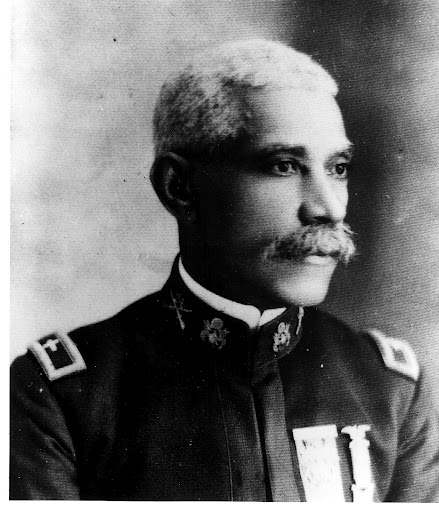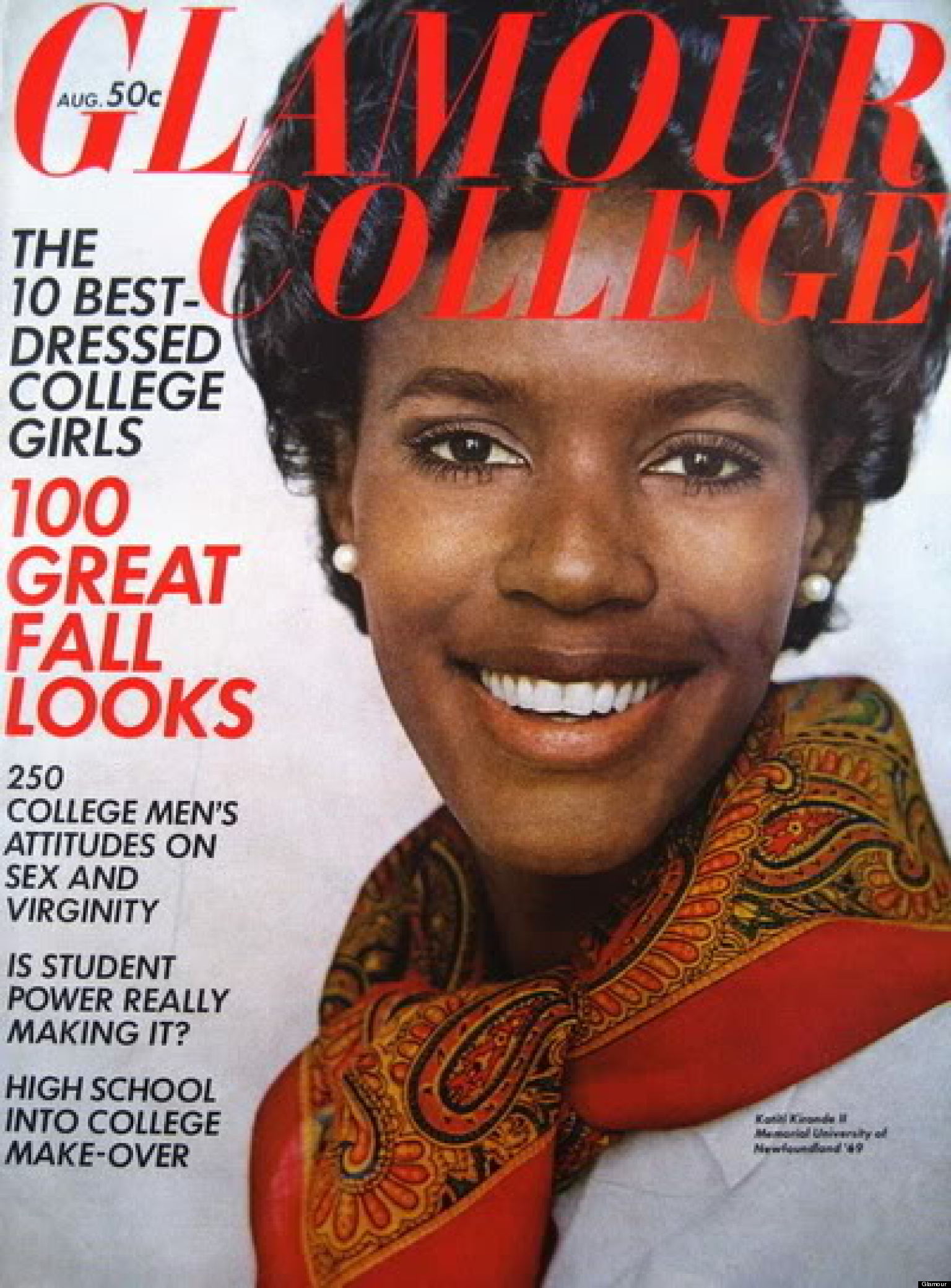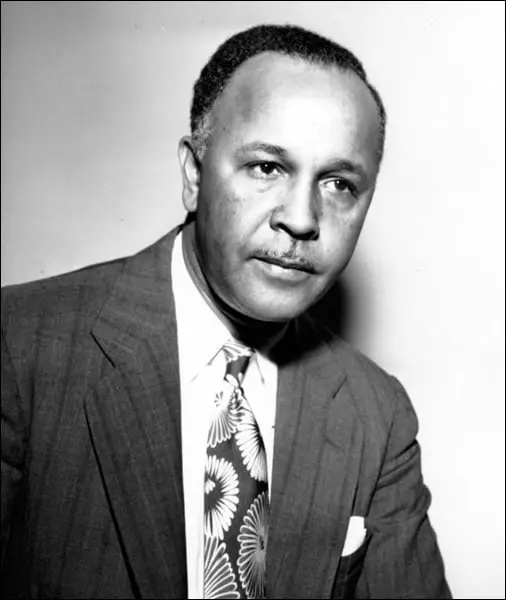A. Philip Randolph
A. Philip Randolph was one of the most influential African American leaders of the twentieth century. From 1917 until his death on May 16, 1979, Randolph worked as a labor organizer, a journalist, and a civil rights leader.
He was born on April 15, 1889, in Crescent City, Florida, and spent his early years in Jacksonville, Florida. In 1907 he graduated as valedictorian from Cookman Institute. He relocated to Harlem in 1911 and worked as an elevator operator while taking courses at the City College of New York and New York University.
With Chandler Owen, A. Philip Randolph founded and became co-editor of
The Messenger, an African American socialist magazine, in 1917. In 1925, Randolph established the first predominantly black labor union, the Brotherhood of Sleeping Car Porters, to improve working conditions for the nearly 10,000 black railroad employees. The Brotherhood would enjoy longstanding prominence in the labor and civil rights movements.
When
Marcus Garvey arrived in Harlem seeking followers for his movement, Randolph became one of his strongest supporters. In the spring of 1917, Randolph, who at the time was a respected Harlem soapbox orator, presented Garvey to a Harlem audience and asked that they listen to the young man from Jamaica who was "one of the militant black fighters for social and racial justice." Randolph was particularly impressed by Garvey's ability to reach masses of people with his spellbinding speaking voice.
By 1920, however, Randolph and other influential black leaders had begun to question Garvey's motives and the overall feasibility of the Garvey movement, and
The Messenger began to publicly critique the movement. The opposition of Randolph, Owen and others eventually escalated into the
"Garvey Must Go" campaign calling for federal intervention and Garvey's deportation. Randolph specifically questioned the plausibility of a black shipping line and the creation of a
Universal Negro Improvement Association-controlled empire in Africa.
Randolph continued to be an outspoken advocate for equality, and took a leading role in efforts to redress discrimination in employment and the armed forces. In 1941 he led a 10,000-person march on Washington to demonstrate against unfair working conditions and discrimination in the defense industries. Randolph's leadership was critical to the end of segregation in the armed forces.
With Rev. Martin Luther King, Jr., Randolph was one of the principal organizers of the historic 1963 March on Washington, which brought over 200,000 people to Washington to protest segregation and disenfranchisement. He was awarded the presidential Medal of Freedom for his lifelong work for universal civil rights.
A. Philip Randolph died on May 16, 1979, in New York City.














